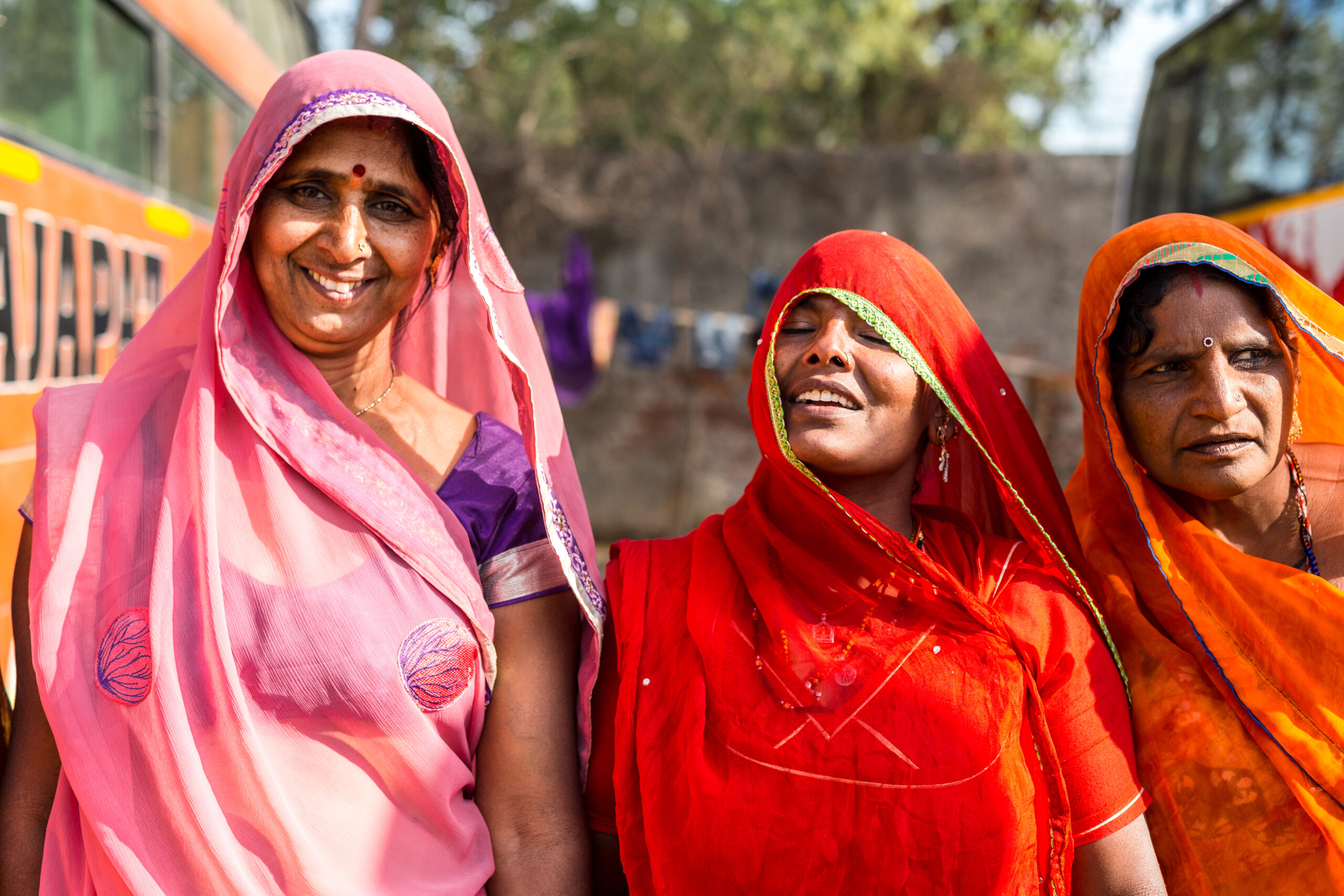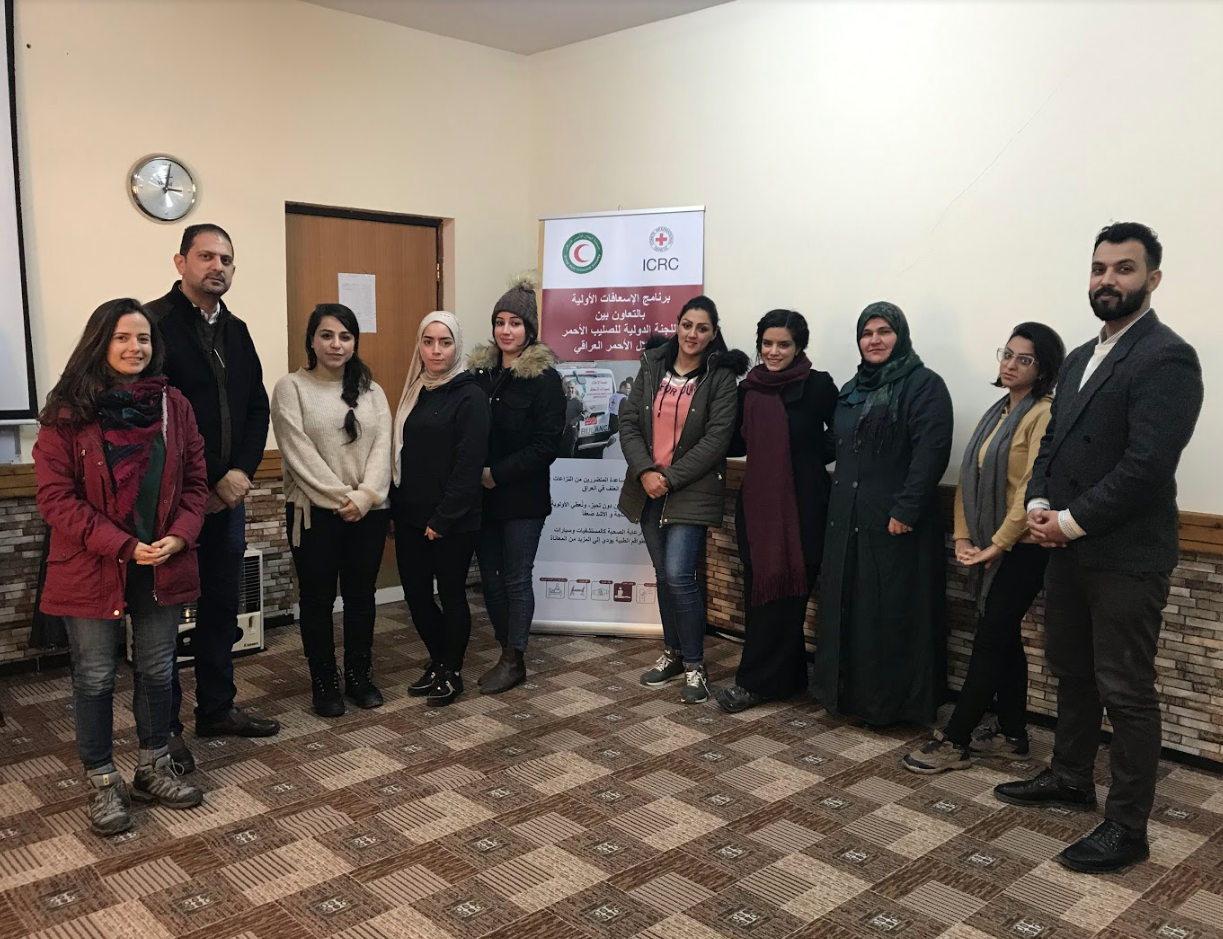Data collection in a fast-changing and challenging COVID-19 world
Home »COVID-19 has challenged the world in different and unparalleled ways. The pandemic has impacted the entire development and humanitarian sector in terms of priorities and funding and reshaped how development actors carry out many of their tasks, particularly data collection. The COVID-19 emergency has forced development actors to revise and adjust how they collect data to adapt their research to the current fast-changing circumstances.
As in many cases, it is no longer suitable, feasible, or ethical for data collectors to carry out fieldwork because of the risks associated with face-to-face interviews and observations. Development workers have had to move from traditional approaches of in-person data collection to methods that can be carried out rapidly, remotely, and safely, and have had to design adaptive remote management strategies. The latter is particularly true for monitoring and evaluation (M & M&E) and field research activities.
Although COVID-19 has sped up the transition to remote data collection tools, many of these remote tools (online and telephone surveys, use of local consultants, etc.) have been employed at different levels and in diverse contexts for several years. Furthermore, they have shown efficacy in data collection and research outcomes as long as the use of these methods has been carefully planned, designed, and implemented; all risks and challenges have been measured; and the remote data collection process has adhered to existing best practices.
These remote techniques directly affect the data collection process and data analysis and have a significant impact on the whole process/activity timeline and budget. It is because of this that, in the current context of the pandemic, the use of these remote tools should be carefully included in the design of the process (evaluation, monitoring, or research task) to adapt the methodology and data collection to the reality (for example favour key interviews instead of focus groups) and existing resources, maximizing their use (i.e., relying more on secondary data: existing reports and second data sources).
In this context, at the end of 2020, IWORDS Global was commissioned by the IOM Guinea to carry out an independent final evaluation to assess the performance of the YDLA project and to document the lessons generated during the implementation for learning, reflection, and future programming purposes. This project was a multi-country and multi-year initiative seeking to promote safe migration and create alternatives to irregular migration for youth. It was implemented in 11 regions in Guinea, Guinea-Bissau, and The Gambia. Due to the restrictions brought on by COVID-19, the evaluation team designed all the methodology and data collection techniques, carefully assessing the challenges and obstacles.
The methodology approach used was a mix of qualitative and quantitative techniques intended to maximize the resources available and be applicable and managed remotely by the evaluation team. Thus, the evaluation team opted to use local consultants to collect one part of the initial data through surveys for the data collection on the field. This option allowed having both a direct on-field approach with a component of in-person data collection and to be monitored and managed remotely.
The evaluation team designed surveys to be completed online and managed remotely by the IWORDS Global evaluation team. The rationale behind the use of local consultants was the difficulty of accessing digital platforms for some of the project’s beneficiaries and the digital gap that exists in some of the project’s intervention areas. In addition to the use of local consultants, the evaluation team also conducted the surveys remotely, along with interviews with key actors.
This data collection approach also implied extra work in time, logistics, and resources, which had to be considered when designing the entire evaluation. The latter is because the local consultants required thorough training on the evaluation methodology (survey questionnaire and how to conduct them) and safeguard policies before starting the fieldwork and continued coaching on a daily basis once the data collection process started. The team also required OIM Guinea’s support and that of other national offices involved in the project’s implementation (Guinea-Bissau and The Gambia).
Using this methodological approach was challenging and rewarding and had a significant learning component, which gave us more practical and well-supported evidence for our future work in the context of a pandemic. The team identified the following recommendations during this process:
- First of all, keep in mind and apply the ‘do no harm’ principle. It implies that the methodology approach selected and the actions taken for the data collection process must consider not putting the evaluation team, the external and local consultant, and the other actors involved at risk. Thus, the safety of team members, actors, and stakeholders must be at the core of the data collection and in all decision-making processes. Equally, donors and stakeholders should remain informed and engaged throughout all process phases (evaluation).
- The evaluation design should be flexible and open to change with contingency plans when using totally or partially remote data collection techniques. Remote data collection processes demand rethinking the whole action plan for the data collection as well as planning reflect-and-adapt moments to adjust during the entire process.
- Keep in mind and be aware that remote data collection may affect the fieldwork timeline and, then, the entire evaluation process. For example, time will be needed to train local consultants and to overcome challenges related to communications technology.
- It is necessary to invest (time and resources) in invaluable training for local consultants. Travel restrictions and social distancing protocols require shifting a larger part of the responsibility for in-country data collection to local consultants. Without the evaluation team on the ground managing the process on the field, it is necessary to invest considerably in training the local consultants remotely on workplan strategies, data collection instruments and technologies, safety guidelines, and potential contingencies before sending them out to the field.
- Monitoring throughout the process is more than essential in the current context. It is now necessary to find ways to conduct continuous remote monitoring to get a clear sense of how things are going and what has happened, as well as get a better understanding of people’s experience in the intervention.
Share…
More posts…
The importance of essential gynaecological skills for the health and well-being of women in the developing world
The importance of essential gynaecological skills for the health and well-being of women in the developing world The EGS programme of the Royal College of Obstetricians and Gynaecologists IWORDS Global was commissioned by…
Our experience with Danish Red Cross in Syria, Lebanon, and the Kurdistan Region of Iraq
Our experience with Danish Red Cross in Syria, Lebanon, and the Kurdistan Region of Iraq In November 2019, the Danish Red Cross (DRC) commissioned IWORDS Consulting to undertake the final evaluation of a special grant…
Read More Our experience with Danish Red Cross in Syria, Lebanon, and the Kurdistan Region of Iraq
Consultancy on comprehensive support in the institutional and financial strengthening process
Consultancy on comprehensive support in the institutional and financial strengthening process Guided by the principles of humanization, teamwork, development of human capacities, transparency, and good practices, ESAR, Oriéntame, and PROSER Foundations have contributed to guaranteeing the exercise…


